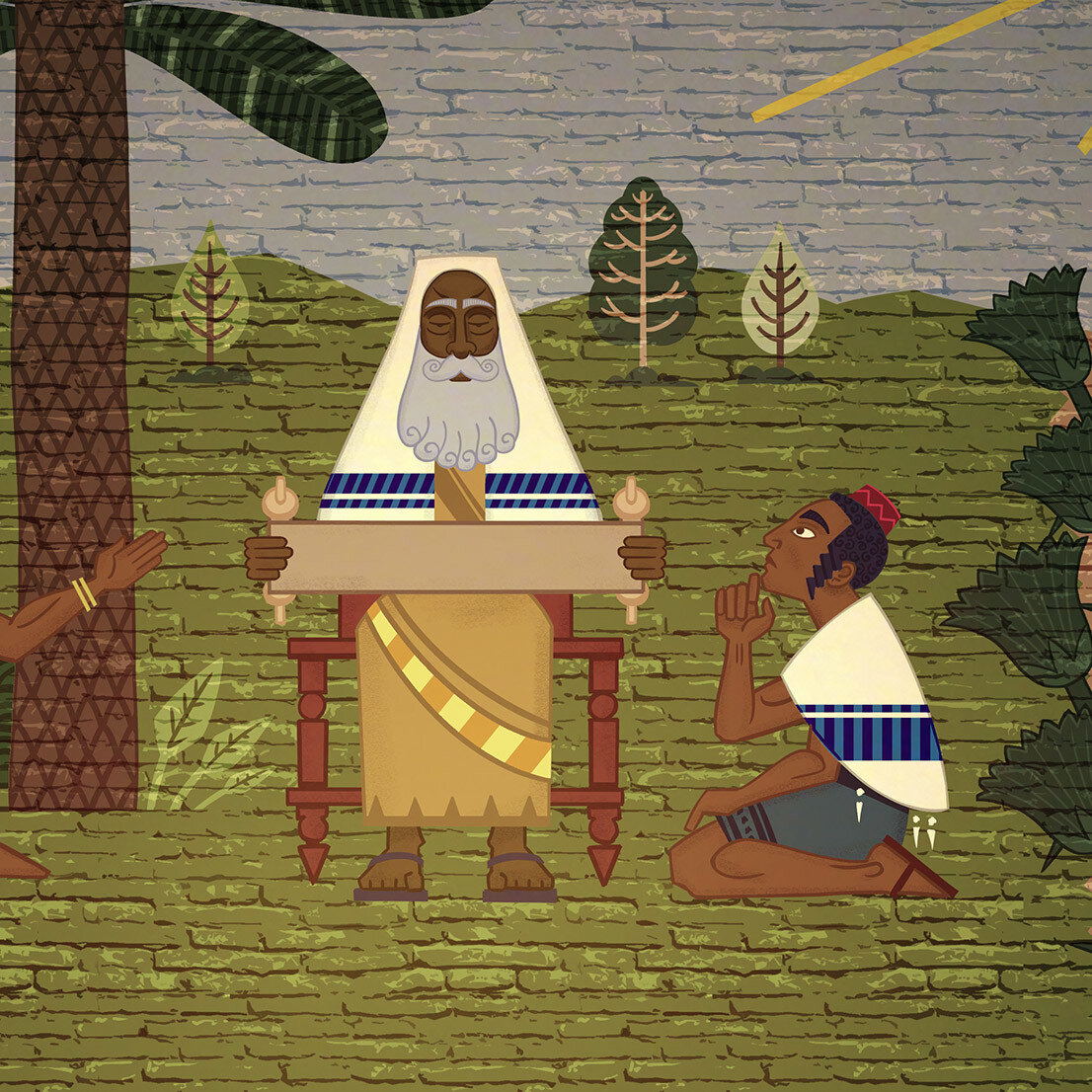
HOW TO READ THE BIBLE
This is a starter video series that helps you read the Bible while understanding its unique design and literary devices.
While the Bible is one unified story, it cannot all be read in the same way.
The How to Read the Bible series walks through each literary style found in the Bible, and how each uniquely contributes to the overall whole. Each literary style lives by its own rules and structure. First, lets see what the bible actually is.
The New Testament contains four ancient biographies of Jesus of Nazareth, and altogether they are called “the Gospel.” Each one tells the story as an announcement of good news that the crucified and risen Jesus is the true ruler of the nations. In this video we explore why these accounts were written and how you can read them with greater insight.
Design patterns are one of the key ways the biblical authors have unified the storyline of the Bible. Individual stories across the Old and New Testaments have been coordinated through repeated words and parallel themes. These patterns highlight core themes of the biblical story and show how it all leads to Jesus!
Every story has to take place somewhere, and very often locations have a special meaning or significance evoked by events that already took place there. In this video, we explore how biblical authors use settings in the narrative to meet the reader's expectations or to mess with them. Paying attention to locations and timelines in biblical stories unlocks deeper layers of meaning.
Most of us think of characters in Bible as either sinners or saints, good or bad. At least that’s how Bible stories are presented to children. In this video, we’ll explore the ways biblical authors present characters as more complex and morally compromised than we usually imagine.
An important part of reading biblical narratives is learning how to understand the nature of "the plot," how stories are arranged into a pattern of conflict and resolution. In this video we'll see how ignoring the sequence of the plot can lead to distorted interpretation of biblical stories. We'll also explore how grasping the multi-layered nature of the narrative can help you see the unified story that leads to Jesus.
Episode 4 explores the unique literary style of the Bible that is meant to draw its readers into a lifelong journey of reading and meditation. The Bible is designed as a multi-layered work, offering new levels of insight as you re-read it and allow each part to help you understanding every other part. The Bible is the original meditation literature.
Episode 3 shows how reading the Bible wisely requires that we learn about the ancient literary styles used by the biblical authors. These writers expressed their ideas and claims through a variety of different type of literature, and this video will explore why it's important to tell them apart so we can hear their message on their terms.
Episode 2 summarizes the overall story of the Bible as a series of crossroad decisions. All humanity, followed by the Israelites, redefine good and evil and end up in Babylon. They are followed by Jesus, who takes a different path that opens up the way to a new creation.
This is episode 1 of an ongoing series that explores the origins, content, and purpose of the Bible. Here you'll be introduced to a condensed history of how the Bible came into existence, and the different forms of the Bible in the Catholic, Orthodox, and Protestant Christian traditions.
One story, many styles.
The Bible can be broken into several categories of writing. Approximately 43% of the Bible is made up of narrative, from historical narrative to parables. Roughly 33% of the Bible is poetry, including songs; reflective poetry; and passionate, politically resistant poetry of the prophets. The remaining 24% of the Bible is prose discourse, including laws, sermons, letters, and even one essay.
The Bible is an ancient Jewish collection of sacred literature made up of many different literary styles. Each biblical book uses, to a varying degree, a combination of all the literary styles to make its unique contribution to the story of the Bible. First, let's take a look at the narrative style of storytelling.

![How to Read the Bible - Session 9 - The Gospel [Video]](https://images.squarespace-cdn.com/content/v1/5852f18a20099e30cd2c01dc/1589816246178-EQDU0YZULWJGRZH8MKH4/maxresdefault%5B1%5D.jpg)
![How to Read the Bible - Session 8 - Design Patterns [Video]](https://images.squarespace-cdn.com/content/v1/5852f18a20099e30cd2c01dc/1589815923199-5QVECF1JGIU56W94DLC6/maxresdefault%5B1%5D.jpg)
![How to Read the Bible - Session 7 - Setting [Video]](https://images.squarespace-cdn.com/content/v1/5852f18a20099e30cd2c01dc/1589814781807-FOLSI1JFC829I1IJN9FQ/maxresdefault%5B1%5D.jpg)
![How to Read the Bible - Session 6 - Character [Video]](https://images.squarespace-cdn.com/content/v1/5852f18a20099e30cd2c01dc/1589815110851-X6JTNDZHLPXF2MQG7HNB/maxresdefault%5B1%5D.jpg)
![How to Read the Bible - Session 5 - Plot [Video]](https://images.squarespace-cdn.com/content/v1/5852f18a20099e30cd2c01dc/1589248466519-VRWBRF7Q8UQS5BZIJAGT/maxresdefault%5B1%5D.jpg)
![How to Read the Bible - Session 4 - Ancient Jewish Meditation Literature [Video]](https://images.squarespace-cdn.com/content/v1/5852f18a20099e30cd2c01dc/1589247758928-NJTAKC86OSZE2SAY3IHG/maxresdefault%5B1%5D.jpg)
![How to Read the Bible - Session 3 - Literary Styles [Video]](https://images.squarespace-cdn.com/content/v1/5852f18a20099e30cd2c01dc/1589247429782-ROLWNAAYNCC65DPF0IXS/maxresdefault%5B1%5D.jpg)
![How to Read the Bible - Session 2 - Biblical Story [Video]](https://images.squarespace-cdn.com/content/v1/5852f18a20099e30cd2c01dc/1589247136854-J3UJHOMPSEUF3UDT9TUS/maxresdefault%5B1%5D.jpg)
![How to Read the Bible - Session 1 - What is the Bible [Video]](https://images.squarespace-cdn.com/content/v1/5852f18a20099e30cd2c01dc/1589215274396-TM5UH4JE1ZT2Y1L5U07D/maxresdefault%5B1%5D.jpg)
Jesus of Nazareth was a master storyteller, and many of his most well-known teachings were told as parables. But these stories were designed to do much more than simply "teach." Jesus said the parables were designed to both reveal and conceal his message about the arrival of God's Kingdom. In this video, we explore the main themes in Jesus' parables and ask why he used them as the primary vehicle for his message.